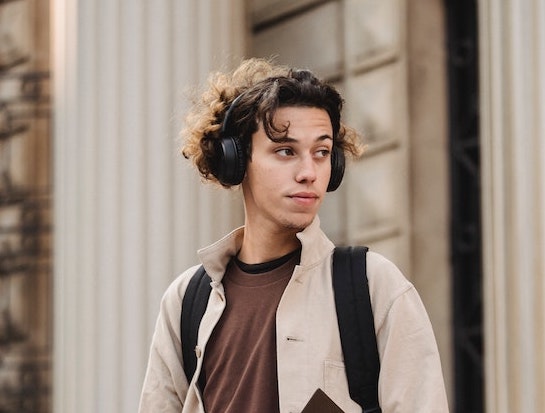
Developmental Dyslexia Was Essential for Human Survival and Still Has Benefits Today
As the most common cause of spelling, reading, and writing difficulties, dyslexia affects about 15% to 20% of the population. It’s a learning difficulty that does not discriminate, as it affects the general population nearly equally, regardless of gender, ethnicity, Read more >>











